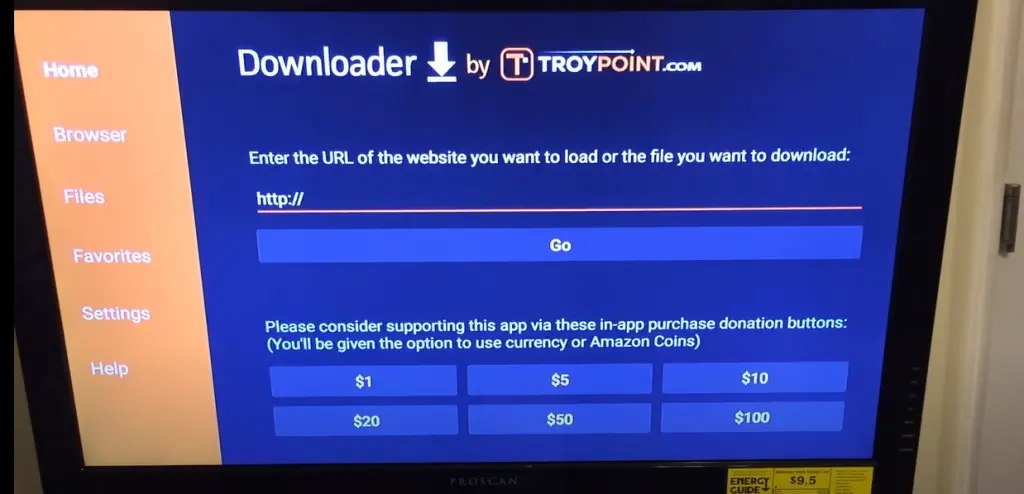How To Host IPTV: A Comprehensive Guide
Internet Protocol Television (IPTV) has become increasingly popular since its inception in the 1990s. Today, there are more than 50 million IPTV subscribers worldwide, and this number is expected to grow even more in the coming years. If you’re interested in hosting your own IPTV service, you’ve come to the right place. In this article, we’ll be discussing how to host IPTV and some of the key factors to consider.
What is IPTV?
Before we dive into the process of hosting an IPTV service, let’s take a brief moment to understand exactly what IPTV is. IPTV is a digital television broadcasting protocol that uses the internet as the transmission medium instead of traditional cable or satellite TV. With IPTV, users can watch live TV and on-demand content through their internet connection using a variety of devices such as smartphones, tablets, smart TVs, and IPTV receivers.
1. Assess Your Internet Connection
The first factor to consider when hosting an IPTV service is your internet connection. IPTV is an internet-based protocol, so you’ll need a high-speed internet connection to ensure smooth streaming and uninterrupted service. It’s recommended to have at least a 25 Mbps download and 5 Mbps upload speed for basic IPTV service, but higher speeds may be required for larger audiences or higher-quality streams.
2. Select a Reliable IPTV Service Provider
To host IPTV, you’ll need to choose a reliable IPTV service provider. There are many IPTV providers available today, but not all of them offer reliable service. A good IPTV service provider should offer a wide selection of channels, including international channels, high-quality streaming, and robust customer support.
3. Choose the Right IPTV Middleware
The middleware is responsible for managing the IPTV interface and delivering the content to end-users. It’s important to choose the right middleware for your IPTV service to ensure seamless integration between your IPTV service provider and the end-user devices. Some popular IPTV middleware options include Stalker Middleware, Ministra TV platform, and Xtream Codes.
4. Configure Your IPTV Server
Once you’ve chosen your IPTV service provider and middleware, it’s time to configure your IPTV server. Your IPTV server will host all the channels and content for your IPTV service. You can either host the IPTV server on your own hardware or use a cloud-based hosting service such as Amazon Web Services or Google Cloud.
5. Generate Your M3U Playlist File
To stream IPTV content, you’ll need an M3U playlist file. This file contains all the information needed to access the channels and content on your IPTV server. Depending on the middleware you choose, you can either generate the M3U playlist file manually or have it generated automatically through the middleware.
6. Test Your IPTV Service
Before launching your IPTV service to the public, it’s crucial to test it thoroughly. Make sure all the channels and content are working correctly, the IPTV middleware is functioning as expected, and the streaming quality is consistent. You can also invite a small group of beta testers to try out your IPTV service and provide feedback.
Conclusion
Hosting an IPTV service may seem like a daunting task, but with the right tools and resources, it can be a rewarding experience. In this article, we’ve covered some of the key factors to consider when hosting IPTV, including assessing your internet connection, choosing a reliable IPTV service provider, selecting the right middleware, configuring your IPTV server, generating your M3U playlist file, and testing your IPTV service. By following these guidelines, you’ll be on your way to offering a high-quality IPTV service to your audience.
Get your subscription today: iptvuk.uk






